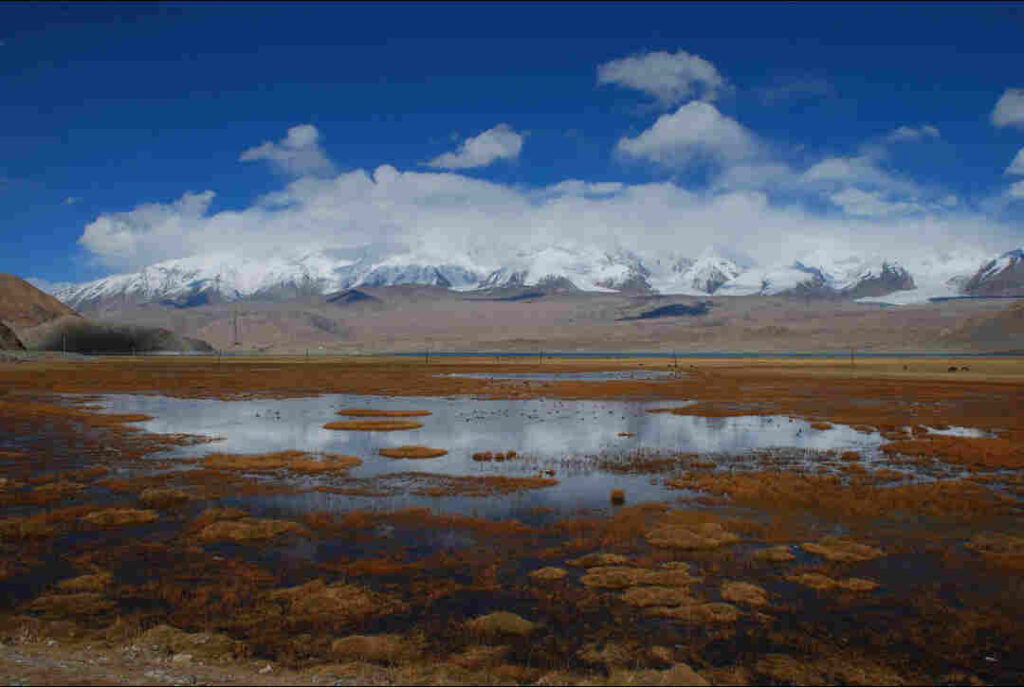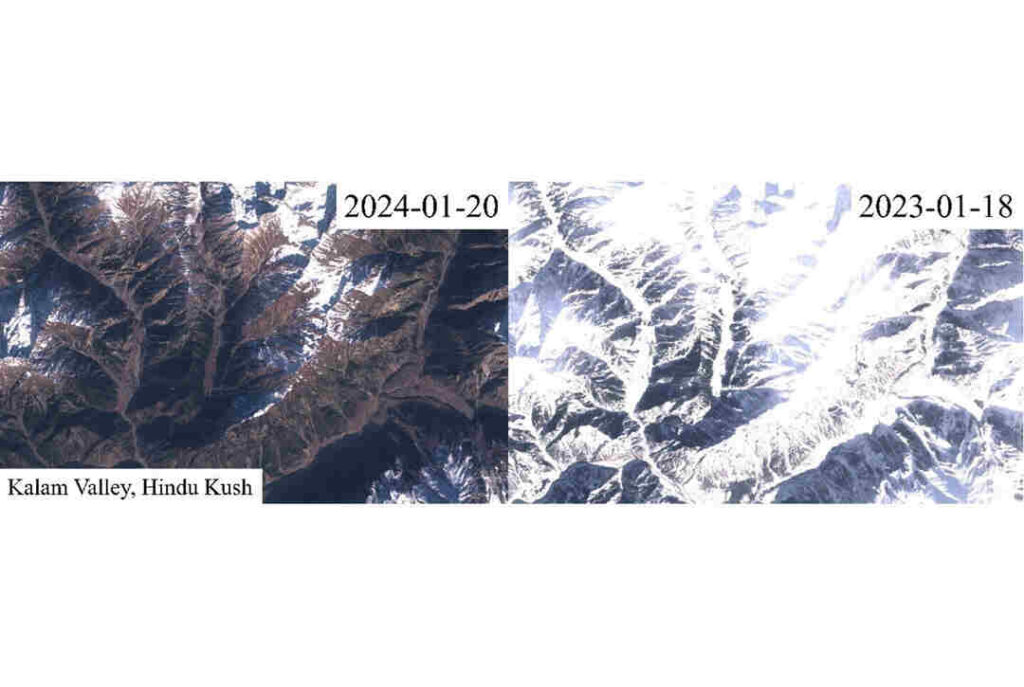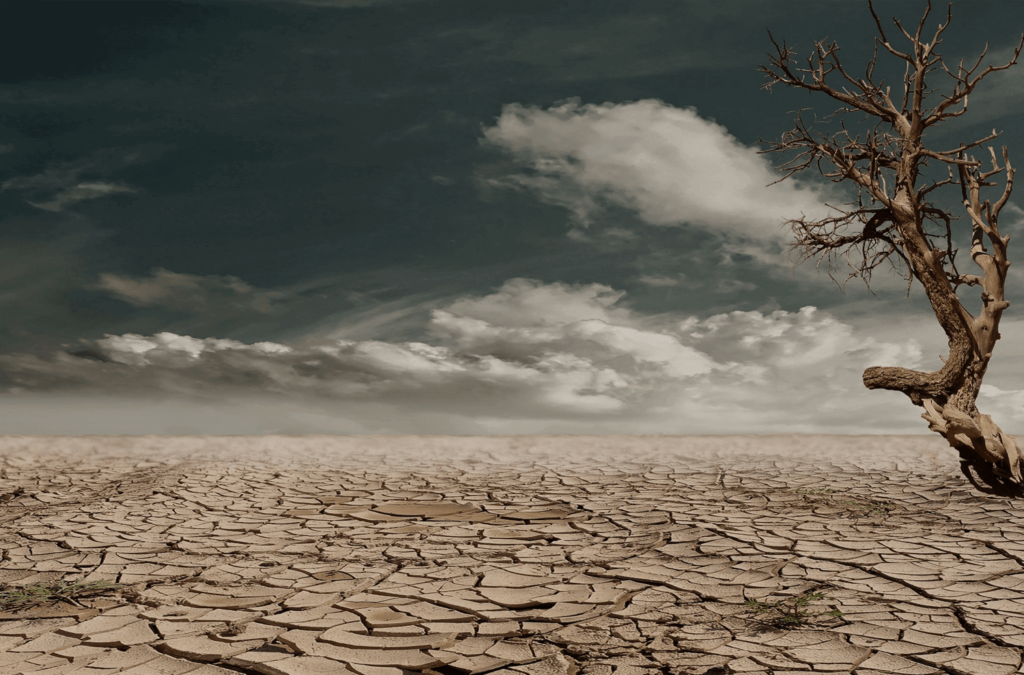Climate Change and Mental Health: The Overlooked Connection

Climate change and mental health make a complex and multifaceted issue having far-reaching consequences for environment, economy, and society. However, this particular aspect of climate change that is often overlooked is its impact on mental health.
As global temperatures continue to rise and extreme weather events become more frequent, the psychological toll of climate change is becoming increasingly clear.
Tornadoes in Dallas Texas: Causes, Impacts, and Safety Tips
According to the American Psychological Association, the mental health effects of climate change can manifest in several ways. For example, people who are directly affected by extreme weather events such as hurricanes, floods, and wildfires may experience anxiety, depression, and post-traumatic stress disorder (PTSD). In addition, people who are indirectly affected by climate change, such as those who live in areas with poor air quality or who are exposed to environmental toxins, may also experience mental health problems.
The impact of it is not limited to the United States. In many parts of the world, people are experiencing the psychological effects of climate change firsthand. In Australia, for example, the ongoing drought has taken a toll on the mental health of farmers and rural communities. According to the National Rural Health Alliance, farmers in Australia are experiencing high levels of anxiety, depression, and suicide as a result of the drought.
In the Pacific Island nation of Kiribati, rising sea levels and more frequent storms are causing widespread anxiety and stress. According to Dr. Katerina Finau, a clinical psychologist in Kiribati, people in the country are experiencing “ecological grief” as they watch their homes and communities slowly disappear due to climate change.
The mental health impacts of climate change are not limited to individuals, either. Healthcare workers and emergency responders who are on the front lines of climate-related disasters may also experience mental health problems. According to a study by the International Federation of Red Cross and Red Crescent Societies, emergency responders who worked during the 2015 Nepal earthquake reported high levels of anxiety, depression, and PTSD.
Despite the growing recognition, many people still do not have access to the mental health services they need. This is particularly true in developing countries, where mental health services are often underfunded and understaffed. According to the World Health Organization, more than 75% of people with mental health conditions in low-income countries do not receive the care they need.
Climate Change, Global Warming, Environmental Crisis
Climate change is not just an environmental issue – it is a human issue that has significant implications for mental health. As global temperatures continue to rise and extreme weather events become more frequent, it is important that we recognize the psychological toll of climate change and take steps to address it. This includes investing in mental health services and supporting vulnerable communities that are most at risk from the mental health impacts of climate change. As Dr. Finau from Kiribati notes, “Climate change is not just an environmental issue. It’s an issue that affects the mental health of people, and we need to take it seriously.”

 English
English 




































































































